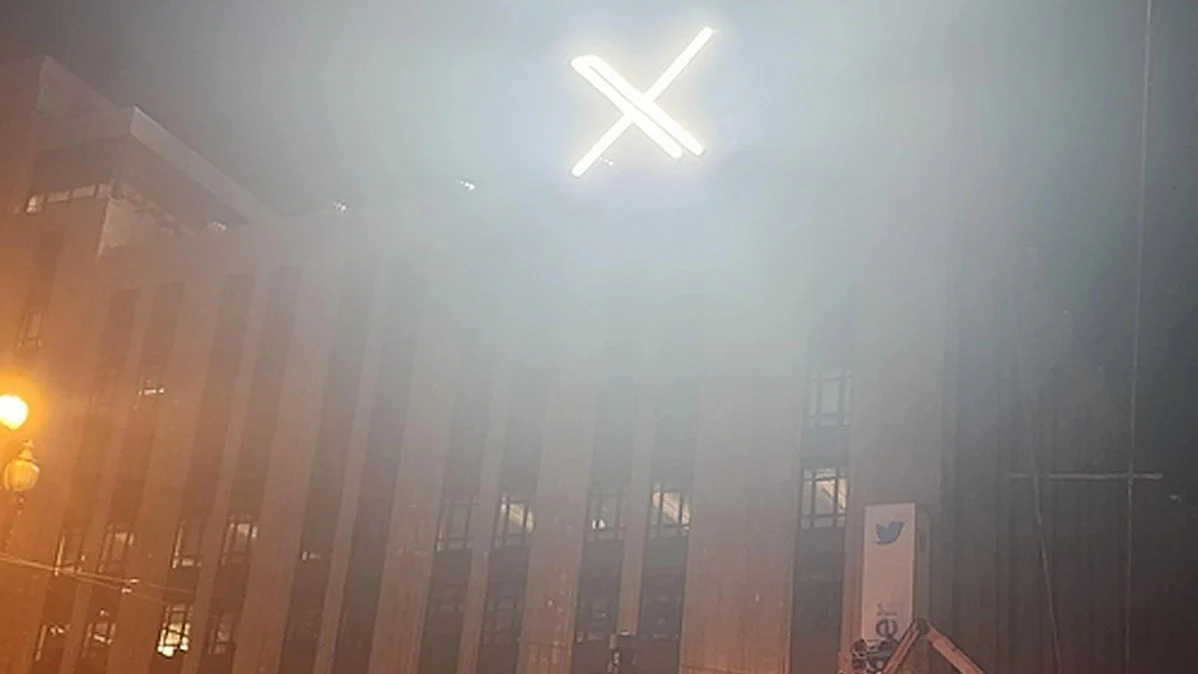'Millions' of misogynistic posts daily on X from India: Study
The study, published in the PLOS One journal, observes online misogyny on X in India to be prevalent

Indians daily post 'millions' of misogynistic tweets on the Elon Musk owned social media platform X (formerly Twitter), according to an alarming study of gender violence in the country.
The study defined online misogyny as consisting of six overlapping forms -- sexist abuses, sexual objectification, threatening to physically or sexually harm women, asserting women's inferiority, justifying violence against women, and dismissing feminist efforts.
Researchers from the UNICEF and University of California - San Diego, US, showed that similar to the offline world, women face increasing gender inequalities on social media platforms.
The study, published in the PLOS One journal, observes online misogyny on X in India to be prevalent.
It showed a significant rise in absolute volume as well as proportion of misogynistic tweets after the onset of Covid-19, relative to trends prior to the pandemic.
"Around 2 per cent of overall daily tweets between 2018 and 2021 included some form of misogynistic content," the researchers said.
While this may seem small in number, it "translates to millions of misogynistic tweets every day, given that around 20 billion tweets are posted daily on average".
"Our study draws attention to online misogyny as a topic for gender research in India, a country where internet use is on the rise and offline forms of gender-based violence are highly prevalent," they said in the paper.
The team conducted a qualitative analysis of a small subset of tweets posted from India (40,672 tweets).
Supervised machine learning models were then used to predict the status of misogyny across a corpus of 30 million tweets posted from India between 2018 and 2021.
Next, interrupted time series analysis examined changes in online misogyny prevalence, before and during Covid-19.
"The findings highlight increasing gender inequalities on Twitter since the pandemic. Aggressive and hateful tweets that target women attempt to reinforce traditional gender norms, especially those relating to idealised sexual behaviour and framing of women as sexual beings," the researchers said.
The researchers called for "an urgent need for future research and development of interventions to make digital spaces gender equitable and welcoming to women".
Follow us on: Facebook, Twitter, Google News, Instagram
Join our official telegram channel (@nationalherald) and stay updated with the latest headlines
Published: 27 Oct 2023, 8:49 AM
